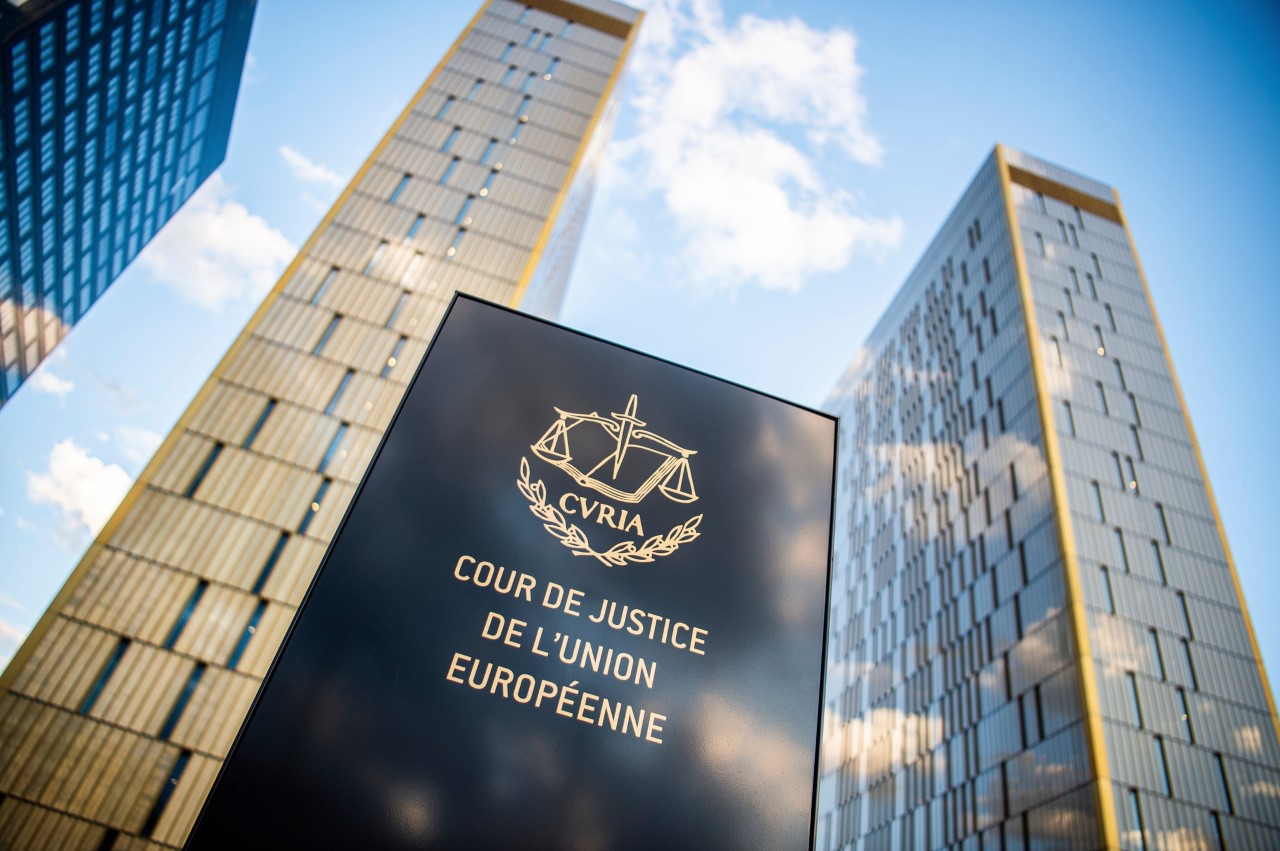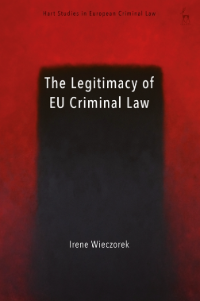Irene Wieczorek's work quoted before EU Court of Justice

Irene Wieczorek’s book “The Legitimacy of EU Criminal Law” (Hart 2020) was quoted by the Advocate General Priit Pikamäe in Opinion C‑845/19 et C‑863/19 before the Court of Justice of the European Union.
In the case, the Bulgarian Appeal Court of Varna asked a preliminary reference question to the Court of Justice of the European Union on the applicability of EU Directive 2014/42 on the freezing and confiscation of instrumentalities and proceeds of crime in the European Union. The Directive was adopted on the basis of Art. 83(1) of the Treaty on the Functioning of the European Union which gives the competence to the European Union to adopt EU wide definitions of crimes in the areas of serious and cross-border crime. The national Court asked if that meant that the national law implementing the EU directive should only be applied to cases involving a transnational element, or also in purely national cases. The Advocate General, who is meant to deliver an Opinion to support the Court in its decision, acting as sort of institutionalised Amicus Curiae, reasoned on how Art. 83(1) TFEU should be interpreted, and therefore what the scope of application of the 2014/42 directive should be. In doing this it referred to the analysis of this provision in the book of Irene, who argues that harmonisation of definitions of crimes adopted on the basis of Art. 83(1) TFEU should be interpreted as an independent regulatory strategy, and not as a supporting strategy to ensure smoother judicial cooperation, for instance extradition, between Member States. This implies that EU harmonisation should only be confined to cases of cross-border crimes, and not to domestic crimes, as there is no need to also influence Member States domestic administration of criminal justice to smoothen mutual trust between states to foster judicial cooperation.
Bulgarian Appeal Court of Varna asked a preliminary reference question to the Court of Justice of the European Union on the applicability of EU Directive 2014/42 on the freezing and confiscation of instrumentalities and proceeds of crime in the European Union. The Directive was adopted on the basis of Art. 83(1) of the Treaty on the Functioning of the European Union which gives the competence to the European Union to adopt EU wide definitions of crimes in the areas of serious and cross-border crime. The national Court asked if that meant that the national law implementing the EU directive should only be applied to cases involving a transnational element, or also in purely national cases. The Advocate General, who is meant to deliver an Opinion to support the Court in its decision, acting as sort of institutionalised Amicus Curiae, reasoned on how Art. 83(1) TFEU should be interpreted, and therefore what the scope of application of the 2014/42 directive should be. In doing this it referred to the analysis of this provision in the book of Irene, who argues that harmonisation of definitions of crimes adopted on the basis of Art. 83(1) TFEU should be interpreted as an independent regulatory strategy, and not as a supporting strategy to ensure smoother judicial cooperation, for instance extradition, between Member States. This implies that EU harmonisation should only be confined to cases of cross-border crimes, and not to domestic crimes, as there is no need to also influence Member States domestic administration of criminal justice to smoothen mutual trust between states to foster judicial cooperation.
Here is the text of the opinion in French: “Voir également Wieczorek I., The Legitimacy of EU Criminal Law, Hart Publishing, 2020, p. 118, qui remarque que la proposition contenue dans le rapport final du Working Group X on Freedom, Security and Justice – un des groupes de travail composant la convention en charge de la rédaction du traité de Lisbonne (« Convention sur l’avenir de l’Europe ») – de conditionner l’attribution de la compétence harmonisatrice du droit pénal matériel à la nécessité de rendre possible la coopération judiciaire n’a pas été retenue par les auteurs du traité”, and the link to the opinion is here.
Irene Wieczorek's 'The Legitimacy of EU Criminal Law" is available to puchase from Hart here.

